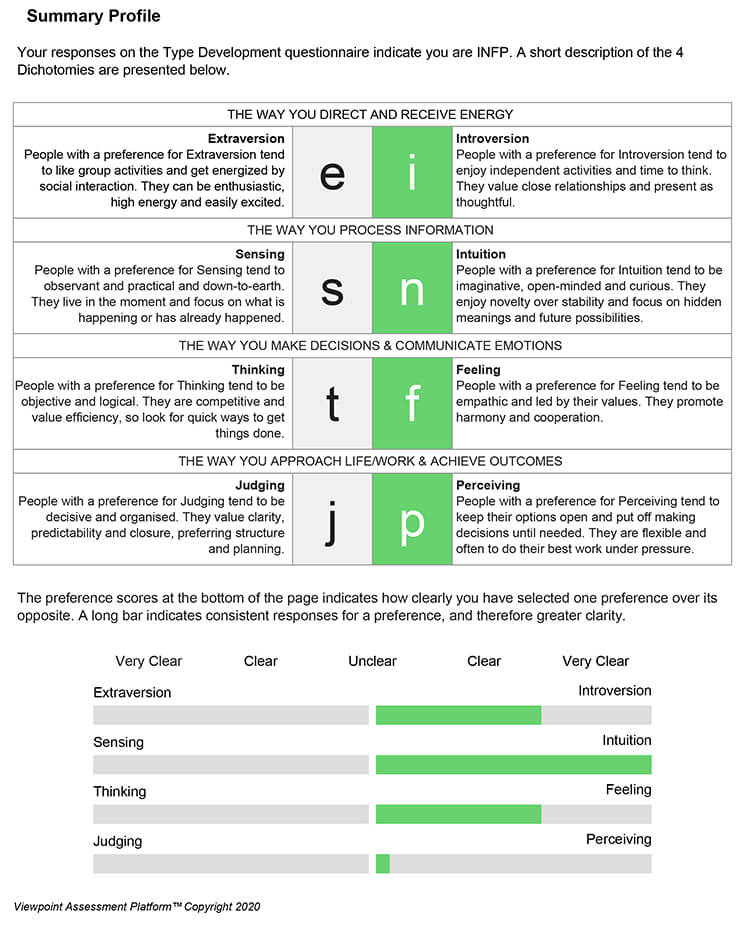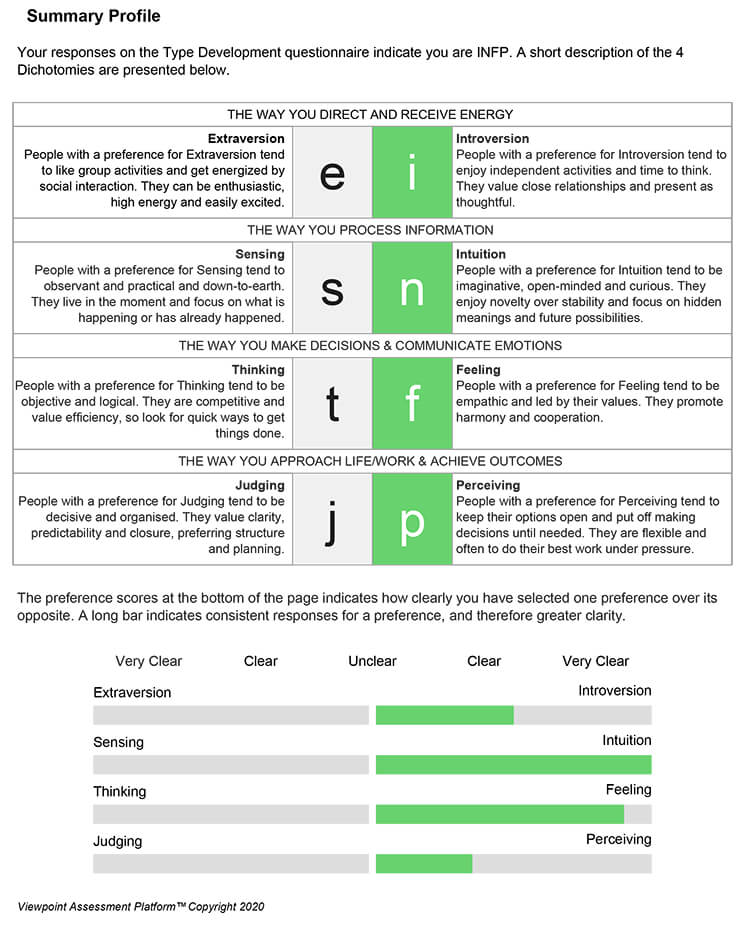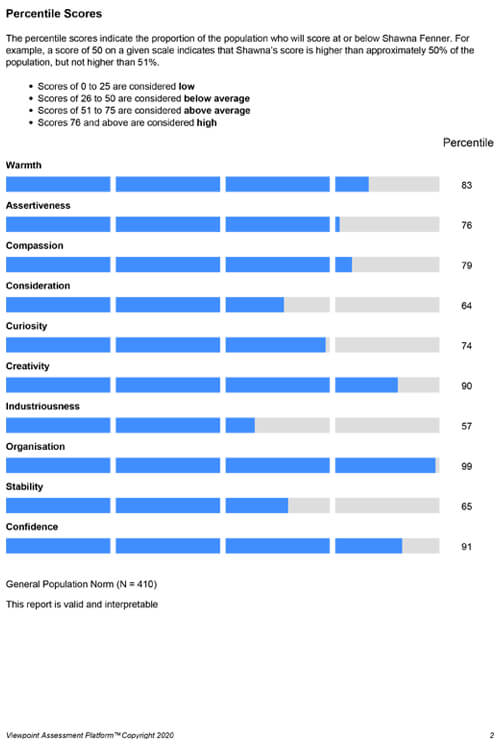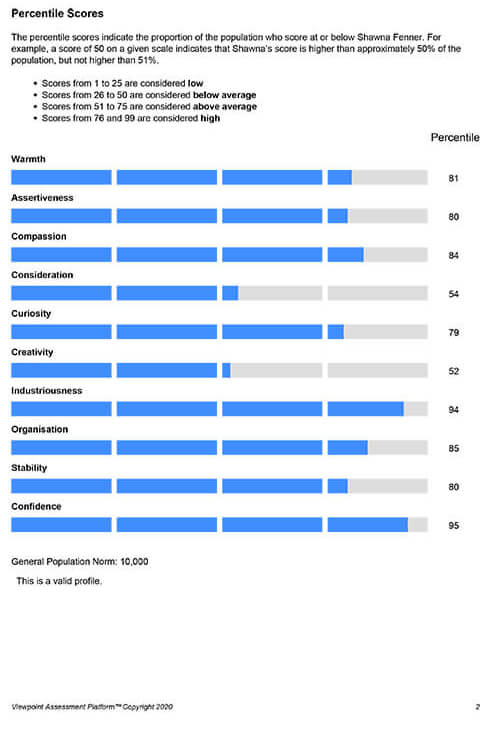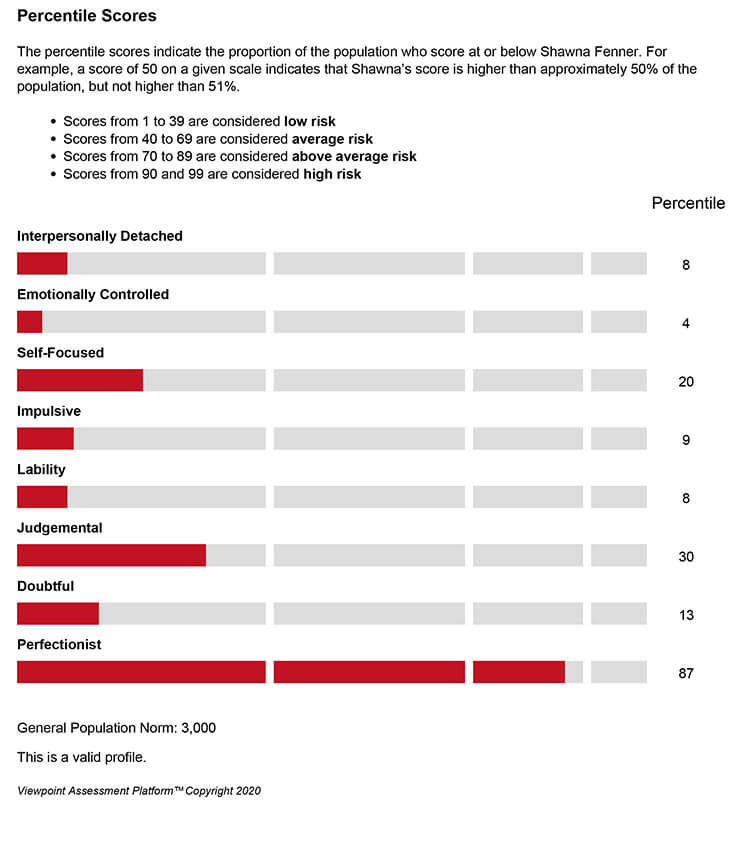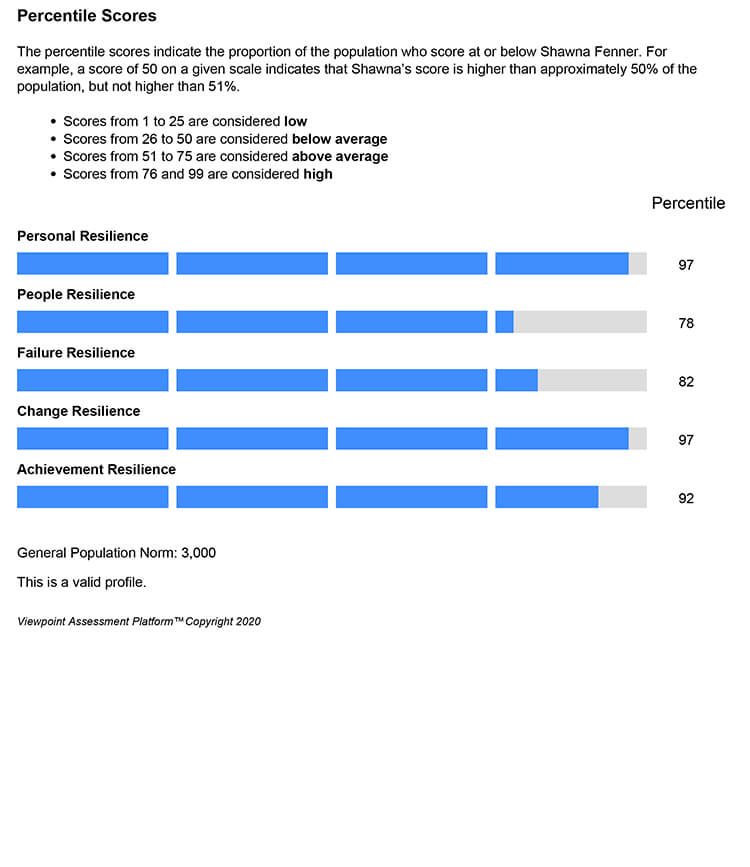Could I Be an Introspective ENFP?
Is it possible?
Could I be
An introspective
ENFP?
Exploring My Type in Cognitive Personality Theory
Read All About It
As I continued to explore the field of typology, I discovered Cognitive Personality Theory. CPT is an approach to Jungian psychology developed by Harry Murrell, and it differs from both MBTI and Socionics.
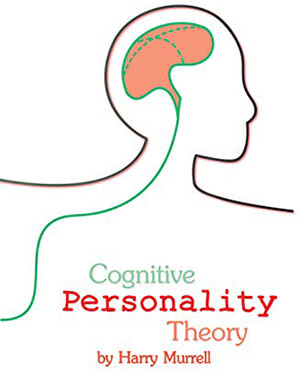
First, I watched a number of the videos on Harry’s YouTube channel to familiarize myself with the basic concepts of CPT. Next I purchased and read his eBook. Some aspects of the theory made a lot of sense to me. For example, Harry postulates that the auxiliary to the dominant function has the same orientation—extraverted or introverted—as the dominant. On the other hand, CPT defines ‘extraversion’ and ‘introversion’ differently than MBTI-related typologies, which created some confusion.
Finally, I tried to determine my CPT type. Because CPT is so different from other Jungian typologies, I was struggling to discover where I fit. So what was the solution? Set up an interview with Harry Murrell himself and see what he says.
Let the Expert Decide
Harry interviewed me on June 28. After that, I left the following recommendation on his website:
Talking with Harry is like talking with a really good friend…except the conversation is all about you! I am not usually very comfortable talking to a complete stranger about my inner workings, but Harry made the experience easy. Two hours sped by, and I eagerly awaited the results, which came—exactly as promised—ten days later. The analysis I received was thorough and enlightening, and started me on a process of self-examination…which is ongoing. Getting typed by Harry is well worth the cost! If you are wondering about your type, I highly recommend Harry’s type service.
Harry concluded—initially and finally—that I am an ENT-Fs, also known as the ENFP.
Your Intuition seems both convergent and extraverted in nature, as you seek to encapsulate a broad range of Te responsibilities and simultaneously innovate upon them. Your forward-moving perspective is in keeping with an Intuitive-dominant and the auxiliary to your dominant seems highly objective and rationalistic (Te).
As we explored in our call, it is not unusual for us to identity with the opposite orientation of our cognitive stack as we grow and develop (INFJ in this instance), but any interactions with that particular cognition seem to stem from an Ne centre.
I would say you have a fair amount of axial fluidity between dominant and oppositional functions, and as such there was some difficulty determining whether you were an introspective ENT-Fs or energetic ISF-Tn – on the whole, however, your primary dialogue does seem to be one of abstract interaction with external reality.
~Harry Murrell
Comparing ENFP to Previous Typings
Although somewhat surprised by this analysis, I remembered that I tested as ENFP when I initially took the MBTI decades ago. In addition, I do identify now with the INFJ, as Harry noted. The MBTI Level II that I took last year typed me as an “Emergent INFJ.”
Also, it is interesting that these components of my CPT type are the same as my valued IMEs in Socionics:
- Dominant: Ne
- Convergent Auxiliary: Te
- Divergent Auxiliary: Fi
- Oppositional: Si
However, they are arranged differently for the EII (my Socionics type):
- Leading: Fi (R) = 4D, Public, Valued, Strong, Bold, Consistent, Demanding, Stubborn
- Creative: Ne (I) = 3D, Public, Valued, Strong, Cautious, Variable, Supplying, Flexible
- Mobilizing: Si (S) = 2D, Private, Valued, Weak, Bold, Variable, Supplying, Stubborn
- Suggestive: Te (P) = 1D, Private, Valued, Weak, Cautious, Consistent, Demanding, Flexible
For the ENT-Fs in CPT, the Fi divergent auxiliary “performs a much more authoritative role within the stack—the Ne-Te act often at the behest of the Fi….” The characteristics of the leading function in Socionics suggest that it, too, could be described as “authoritative” for me in that system.
Does ENT-Fs (ENFP) Fit Me?
A Lot Like Me
- Big-picture orientation
- Future-oriented
- Natural curiosity
- Actively creates external organizational structures
- Often assumes an administrative role within a group
- Organizes external objects into predictable locations
- One of the least likely types to read a work of non-fiction and quickly assimilate the information within its pages
- Possesses an in-depth knowledge across a variety of subjects…and a rich vocabulary
- Finds conversation an active listening experience to the self
- Comfortable achieving mastery over otherwise superficial skill sets
- Highly attuned to my own needs, values, and sense of identity
- Needs and values [are] in anticipation of a future self
- Follows emotions that have a more abstract significance
- Takes a big-picture view of one’s overall emotions to reach an equation for one’s own happiness
- Idealistic, particularly regarding love and a deeper, more long-term sense of happiness
- Highly empathetic
- Not always consciously aware of the emotional order of one’s external world
- Convergent Te activated when organizing and planning of behalf of a[n]…Fi-related attachment
- Organizes the external world to promote an internal sense of harmony and mitigate [offensive] human conflict
Somewhat Like Me
- Preoccupied with new experiences and the observation of patterns in real time
- Struggles with day-to-day details (details are not my strong point)
- Remarkably adaptable
- May often taken an active role in experimenting with different perspectives through spiritual…means
- Quickly understands a general mechanical infrastructure
- Extremely theoretical
- Prone to manipulation by people selling linear and too-good-to-be-true life elixirs
- Often finds greatest individual happiness placing the needs of others above the self
- High degree of nostalgia
Iffy
- Intense desire for new experiences as opposed to what it already known
- Restlessness of character
- Highly interested in different cultures and subcultures
- Natural affinity for time-sensitive action plans
- Well-suited for management positions
- More given than other types to forget where I placed an object
Not Like Me at All
- Struggles with prolonged concentration
- Turns natural curiosity less toward insight and revelation…, but rather toward the unexplored in the external world (just the opposite)
- May often taken an active role in experimenting with different perspectives through…psychedelic means
- ‘Hyperactivity’ (quest to perceive as many things at one time as possible)
- Constantly seeking new experiences and life philosophies (instead, developing and deepening certain consistent life themes, such as my spiritual life, understanding of self, education, etc.)
- Various fetishes
